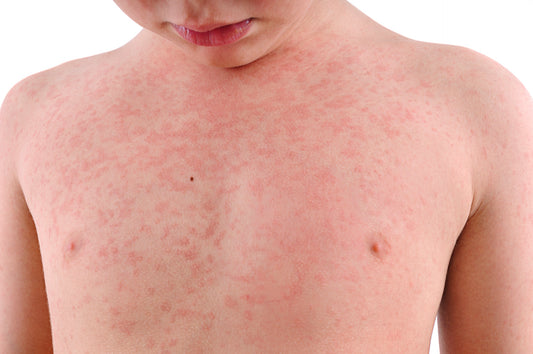featured Heel pain
On by ZimSeller Pharmacy 0 comments
Heavy periods
On by ZimSeller Pharmacy 0 comments
Heat rash (prickly heat)
On by ZimSeller Pharmacy 0 comments
Heat exhaustion and heatstroke
On by ZimSeller Pharmacy 0 comments
Heartburn and acid reflux
On by ZimSeller Pharmacy 0 comments
Heart-lung transplant
On by ZimSeller Pharmacy 0 comments
Heart valve replacement
On by ZimSeller Pharmacy 0 comments




















